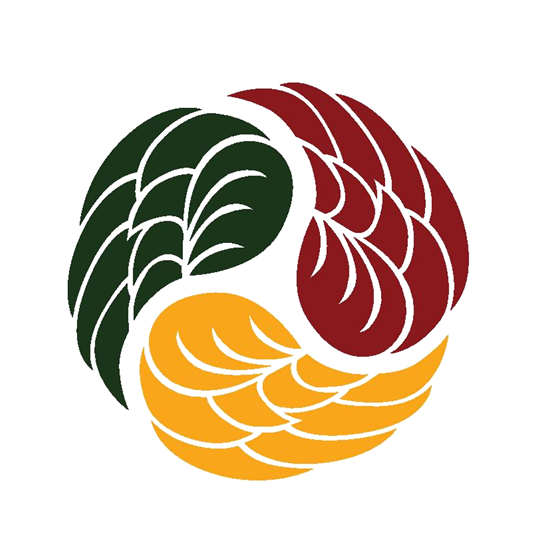Monthly Focus: Native American Heritage Month
For Thanksgiving this year, I was planning on making beef stroganoff. My husband and I are moving to a new state nine days before Thanksgiving. We will not be with family or friends, the meal is easy to make, and we both love it. Unbeknownst to my husband, that plan has changed. For some reason, despite its Federal Acknowledgement in 1994, I had no clue until this year that November was Native American Heritage Month. Personally, I am choosing to honor Native American Heritage Month by writing this blog post for you (thanks), reading a book by an indigenous author, and preparing at least one native American Recipe on the 26th.
DID YOU KNOW?
I listen to a lot of podcasts about history. My favorite is “My History Can Beat up Your Politics.” My other favorite is “Stuff Your History Teacher Lied About.” I know, it’s hard for us to imagine our teachers lying. Did you know that the concept of a peaceful, harmonious thanksgiving was not even an accepted (his)story until after the formation of the United States; to justify “manifest destiny” the further expansion of the United States out west? The first Thanksgiving occurred in 1621 and Native Americans were not invited to the celebrations. The interactions that followed were, at least hostile; if not deadly for Native Americans. Today many Native Americans mark the 26th of November as a Day of Mourning.
ONE OF OUR PROJECTS…
After learning this story of Thanksgiving, I immediately thought of one of the projects that is sponsored by Angels for Angels. The project is called Shared Spaces and operates out of Seattle, WA. The mission of Shared Spaces Foundation is to “focus on restorative justice through land restoration and sustainable education.”
The main way that Shared Spaces fulfills its mission is to focus on restoring land back to a healthy state and stopping future overdevelopment on lands. The project works to bring people in underserved communities together on land to learn trade skills and land stewardship.
Last month Shared Spaces held an event that I must tell you about. The event is an amazing example of how a group of people is doing what they can to honor Native American heritage not only this month but whenever the possibility arises. The event was held in conjunction with another community partner The Herons Nest. The event was an auction and meal fundraiser.
The funds that were raised that night went towards the “buy back the land” project. Shared Spaces and the Herons Nest are restoring just over three and a half acres of land in the Seattle-Puget Sound area that originally belonged to the Duwamish Tribe. The goal is to not only restore the land but to repatriate it back to members of the Duwamish Tribe who are living today.
I am so grateful for Shared Spaces and what they are doing to honor Native Americans through physical land restoration and restorative justice.
WHAT CAN YOUR NONPROFIT DO?
Ok, what Shared Spaces is doing and continues to do is cool, but we aren’t all called to fulfill that mission. Your nonprofit with its own, unique mission can find some way to honor the Native peoples of America.
One of the most important things you can do, in my humble opinion, is to learn. Learn about the Native people who inhabited completely the area where you live now. Learn about the nations and tribes, learn about their customs and traditions. Realize, Native Americans are not past, non-existent people—they are alive and around today, learn about reservations that are nearest to you.
All of this is not only their history but ours as well. The best way to honor people is to learn their stories. From their perspective. You can do this in so many ways. There are books by Native Americans, There are some awesome podcasts out there telling Native American stories by Native Americans, and there are so many websites with accurate information—that can help you honor Native American Heritage.
Next, attend a local event. Many events are occurring this month held by schools, libraries, tribes. The event will be time well spent. You can find a local Native American-led nonprofit, business, or organization to fundraise to meet a need of the native peoples of the land you now reside in.
The possibilities, especially when mixed with creativity are endless!

